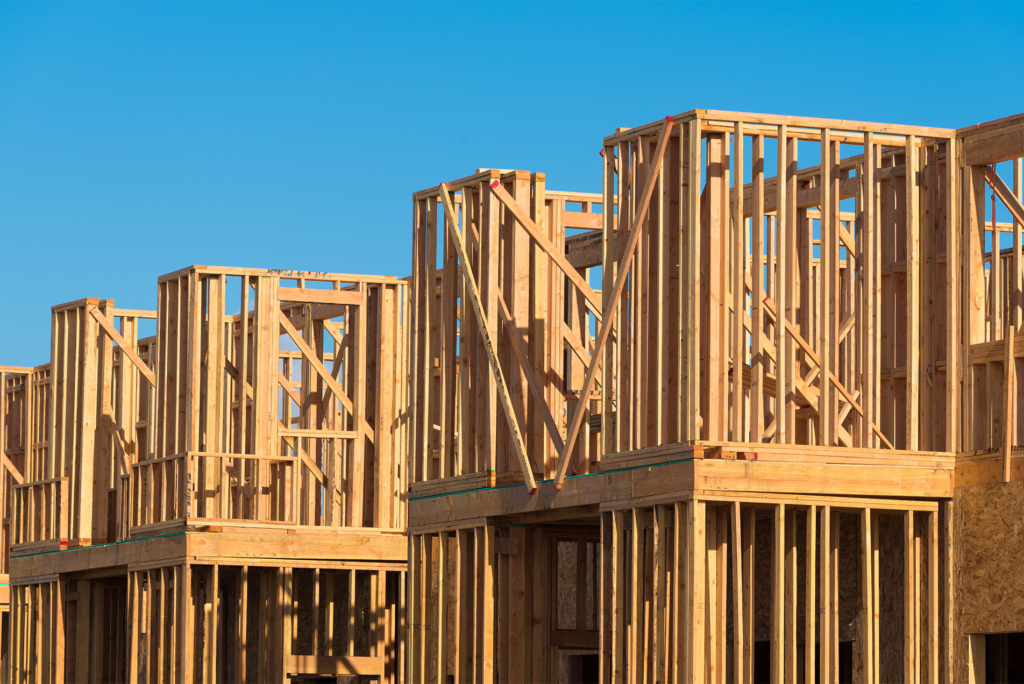
In response to this confluence of challenges, Commissioner of Insurance Michael Conway led an effort to address the problem of underinsurance through HB 1174, Homeowner’s Insurance Underinsurance, sponsored by Rep. Judy Amabile (D), Rep. Kyle Brown (D), Sen. Dylan Roberts (D), and Sen. Mark Baisley (R).
Under the new law, the Division of Insurance must contract with an independent third party to prepare an annual residential reconstruction consumer information report outlining the cost of reconstructing homes in Colorado. The report must consider:
- The region of the state;
- The home types by design structure; and
- Different home customization types.
The report must also reflect the following factors, which are the same factors an insurer must consider when disclosing to a policyholder how an estimate of the cost to reconstruct a covered dwelling was calculated:
- The reconstruction cost estimating software insurers use and any applicable software estimates;
- Specific reconstruction expenses, including:
- Labor, building materials, and supplies;
- A contractor’s overhead and profit;
- Demolition and debris removal;
- Cost of permits and architect’s plans and fees;
- Features of the structure, including:
- The foundation type;
- The type of frame;
- Roofing materials and type of roof;
- Siding materials and type of siding;
- Square footage;
- Number of stories;
- Any wall heights that are not standard;
- Interior features and finishes, such as the heating and air conditioning system, walls, flooring, ceiling, fireplaces, kitchen, and bathrooms;
- The age of the original structure or the year of the original structure’s construction;
- The size and type of any attached garage; and
- Any estimates from a contractor or architect if submitted by a policyholder.
The first report must be published and posted on the Division of Insurance’s website by April 2025. Going forward, the report will be completed and published annually in April, based on data from the preceding calendar year.
In addition, the new law requires property & casualty insurance companies that do business in Colorado to make the following changes:
- Increased notice of decisions to non-renew: The amount of advanced written notice an insurer must provide before canceling or non-renewing a homeowners’ insurance policy increases from 30 days to 60 days if the cancellation is for a reason other than nonpayment of a premium.
- Offer of adequate replacement-cost homeowners’ insurance policy: Before issuance or renewal of a replacement-cost homeowners’ insurance policy whose dwelling limit equals or exceeds the estimated replacement cost of the residence, insurers must offer law and ordinance coverage and extended replacement-cost coverage.
- Increases in required amounts of certain types of coverage: The amount of law and ordinance coverage offered must be 20% (up from 10%) of the dwelling insurance limit, and extended replacement-cost coverage must be at least 50% (up from 20%) of the dwelling insurance limit. These new requirements do not apply to any homeowners’ insurance policy that already includes guaranteed replacement cost coverage, inflation protection coverage, extended replacement-cost coverage, or law and ordinance coverage in higher amounts.
- Declaration page statement of additional coverage: By January 1, 2025, insurers must list on the declaration page of the policy whether a consumer purchased or rejected the additional coverages, and provide the premium cost associated with the rejected additional coverages in a separate notice with the application or renewal of the policy.
At the time of application and renewal of a replacement cost homeowners’ insurance policy for a dwelling issued after January 1, 2025, insurers are required to:
- Provide the applicant or policyholder with an estimate of the cost necessary to reconstruct the covered structure;
- Disclose to the applicant or policyholder how the estimate was calculated considering the factors the Division of Insurance must reflect in its annual report (which are listed above), and the reconstruction costs for homes in the same geographic area as detailed in the Division of Insurance’s annual report;
- Provide copies of any reconstruction cost estimates generated from any software or tools used by the insurer; and
- Provide the applicant or policyholder a web link to the Division of Insurance’s annual report.
However, insurers do not have to comply with the above replacement cost policy requirements if within the two years prior to offer of renewal of the homeowner’s insurance policy, the policyholder has requested and the insurer has provided coverage limits greater than the limits the policyholder selected, or the insurer has offered the policyholder the right to recalculate the reconstruction cost estimate on an every-other-year basis and the policy includes inflation protection coverage.
Governor Polis signed HB 1174 into law on May 12, 2023. While the bill generally takes effect on August 7, 2023, certain requirements, as noted, do not take effect until January 1, 2025.
For additional information regarding HB 23-1174, please contact Daniel Furman or Erin Snow.
